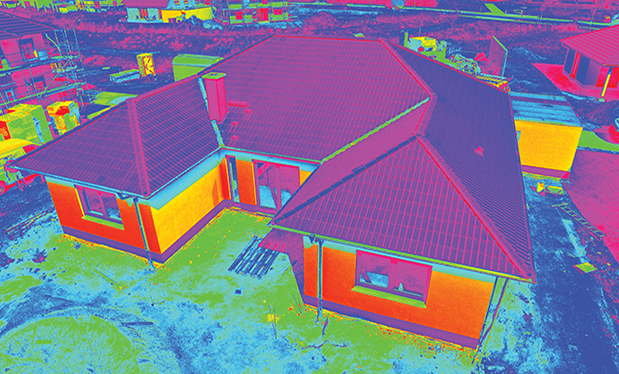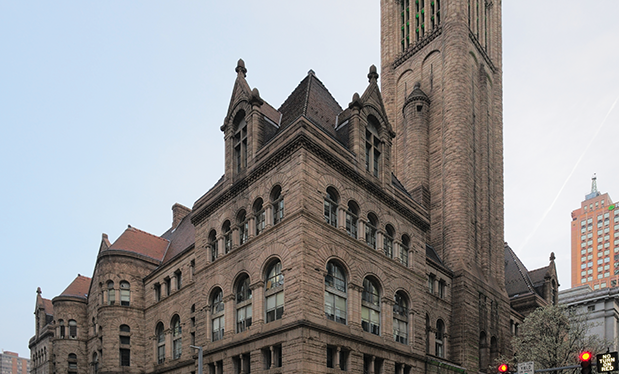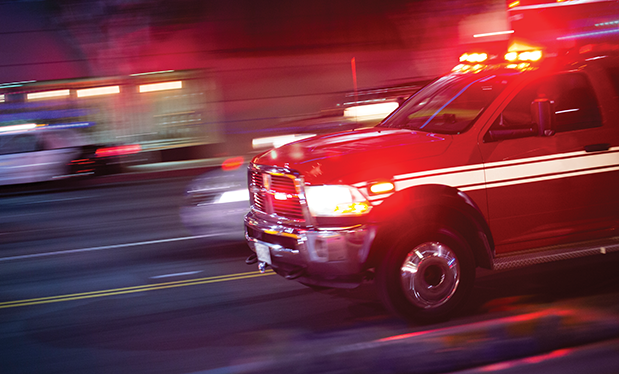“Hope is important because it can make the present moment less difficult to bear. If we believe that tomorrow will be better, we can bear a hardship today.”
—Thich Nhat Hanh
These are difficult days, and no person, family, company or country has been spared the effects of COVID-19. To add to the distress, there is a bewildering array of information regarding the disease, how the government is trying to help and what you can do to sustain your business during this time.
NRCA staff, working remotely since March 16, is continually monitoring the situation and providing valuable information to help you navigate the seemingly endless regulations, recommendations and paperwork.
On NRCA’s homepage, www.nrca.net, you will find a link to a dedicated COVID-19 webpage, which features the following information and resources:
Centers for Disease Control and Prevention and World Health Organization
- The CDC and WHO offer valuable guidance about COVID-19 and best practices to minimize its spread.
- The CDC also provides advice regarding how to handle stress and anxiety during this time.
Occupational Safety and Health Administration
- OSHA has developed COVID-19 planning guidance based on traditional infection prevention and industrial hygiene practices. The guidance is advisory and is not a standard or a regulation; it neither creates new legal obligations nor alters existing obligations.
- OSHA released a document explaining how OSHA standards pertain to COVID-19 in the workplace.
It is important to note if your employees contract the COVID-19 virus, it does not constitute a recordable incident for OSHA log purposes.
Legal resources
- ConsensusDocs, a nonprofit coalition of national associations, including NRCA, recently created its COVID-19 Resource Center, which includes a comprehensive analysis of contract issues, including a sample notice letter, worker restriction orders across the U.S. and a sample essential worker certificate.
- Employers are allowed to take employees’ temperatures at the workplace. Richard Blystone, an attorney with Cotney Construction Law LLP, Tampa, Fla., explains how to do so legally as well as other ways to safeguard your workplace while complying with the law.
- Labor and employment questions, contract provisions, project concerns and other legal issues are addressed in this section.
Insurance
- Workers’ compensation insurance is unlikely to be triggered by activities directly involved in roofing-related work. It doesn’t mean a roofing worker cannot expose a fellow worker or be exposed by a customer; however, the work itself does not involve managing the virus.
- Contingent business interruption insurance provides coverage for economic losses caused by supply chain disruptions. For example, this may come into play as a result of expected shipments of materials that rely on foreign suppliers that, because of the interruptions caused by the virus, cannot fulfill their obligations.
- If you have scheduled an event for customers and others, event cancellation insurance may provide coverage for losses resulting from the cancellation, postponement or relocation of an event for reasons beyond your control. Some event cancellation policies contain exclusions for infectious diseases, and your insurance agent can clarify.
Federal financial assistance
- The recently passed CARES Act contains important safeguards for small businesses and those they employ. A detailed summary is available.
- Detailed summaries also are available for the Paycheck Protection Program and the Families First Coronavirus Response Act.
- The Small Business Administration provides a number of helpful resources regarding COVID-19, including the Paycheck Protection Program, Economic Injury Disaster Loan Program, and guidance for businesses and employers.
- The IRS has established a special section focused on steps to help taxpayers, businesses and others affected by the coronavirus.
Essential businesses, workers and infrastructure
- NRCA and 10 roofing industry associations sent a letter March 24 to National Governors Association leaders Lawrence Hogan Jr. (Md.) and Andrew Cuomo (N.Y.) asking governors across the U.S. to include language in executive orders that are written, maintained or modified that encompasses roofing industry companies (including contractors, manufacturers and their raw material suppliers and distributors) as part of “essential businesses, workers and infrastructure.”
- A list of state orders applicable to construction and how to deal with regulatory actions at the state and local levels that may limit roofing industry activities also are listed.
State-specific COVID-19 information
- There are many state-specific resources that provide valuable information about how to manage COVID-19. States that have issued orders that affect roofing work are listed on the site.
- Multistate, a government relations services company located in Alexandria, Va., offers numerous resources about the state and local government response to COVID-19, including a dashboard, maps, and other resources for tracking how states and localities are responding to the crisis.
- The Institute for Health Metrics and Evaluation provides charts that show projected hospital resource use by state based on COVID-19 deaths. Featured on the site is a dropdown menu that shows projections for each state.
NRCA resources
- NRCA held its first two Telephone Town Halls March 30 and April 14 with roofing industry experts providing advice and information regarding COVID-19. A recording of each town hall can be found in this section.
- NRCA also has produced several documents addressing how to prepare yourself for a work site shutdown, roofing-specific provisions for managing COVID-19 and a new Toolbox Talk to help educate roofing workers about COVID-19.
- NRCA has been conducting periodic contractor surveys to determine how the crisis has affected their businesses. Results of the surveys are available in this section.
Additional resources
This section includes additional resources that may be helpful to you and your business, such as results from the International Code Council® COVID-19 survey, Construction Industry Safety Coalition recommendations, Construction Industry Alliance for Suicide Prevention resources and how to donate N-95 respirators.
The roofing industry has been demonstrating remarkable resilience in managing the COVID-19 crisis. Deemed an essential business in most places, roofing work continues though under challenging and ever-evolving circumstances. NRCA encourages you to take an active part in sharing your experiences and feedback. Participate in NRCA surveys and Telephone Town Halls and let us know what is happening in your area and how we can help. As the situation develops and more information becomes available, NRCA will continue to update its COVID-19 webpage, so check back often.



